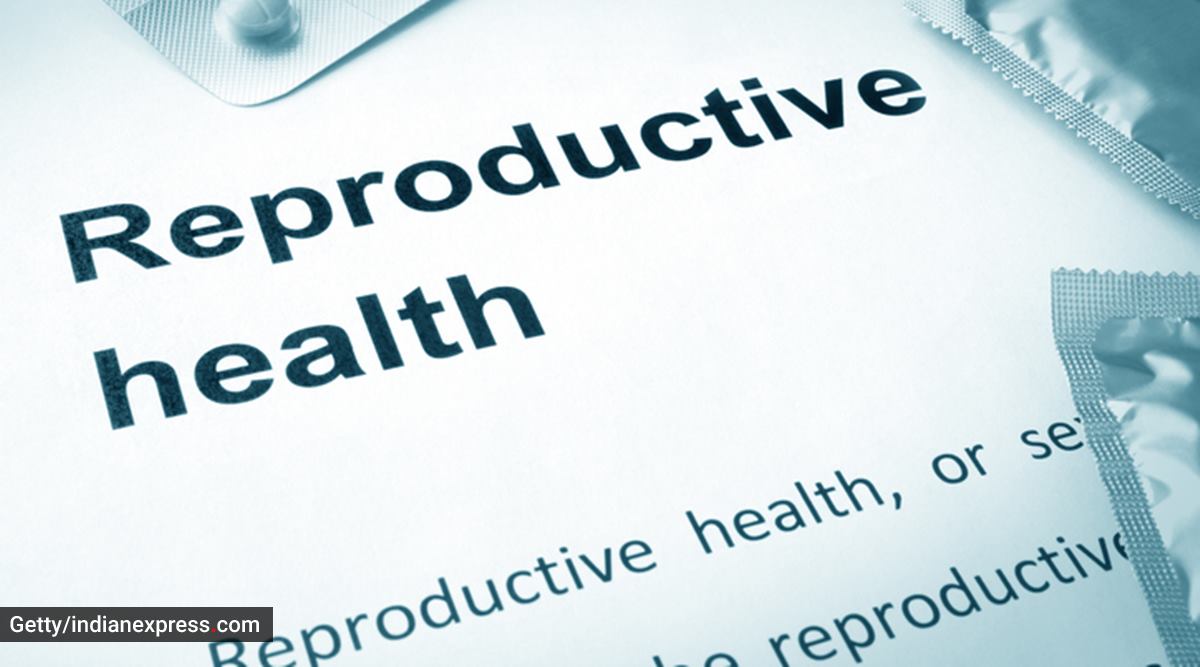Modern lifestyles — which are riddled with stress — require modern interventions so as to ensure health. When it comes to men’s reproductive health, there is a lot of stigma attached to it, which can lead to misconceptions.
Dr Kshitiz Murdia, CEO and co-founder Indira IVF says while there is no one particular cause, doctors — over the years — have narrowed it down to a few harmful ones that millennial men need to keep in mind due to ensure sound reproductive health:
– Consumption of substances like alcohol and tobacco
– Sedentary lifestyle
– Unhealthy diet
– Sexual diseases such as STDs or STIs
– Coming in contact with chemicals and harmful toxins
– Extreme levels of stress, emotional or mental distress
– Accidents or physical injury
“These causes can not only hamper reproductive health, but can also impact one’s fertility. The conditions that lead to male infertility broadly include infections, hormonal imbalance, obesity, erectile dysfunction, retrograde ejaculation, and exposure to radiation or heavy metals, chemicals and drugs among others,” the doctor explains.
He lists a few things for millennial men to keep in mind to ensure sound reproductive health; read on.
1. Reproductive health challenges
It is important to educate about reproductive challenges like low sperm count, low testosterone, impotence, STIs etc. can cause complications at later stages in life. There should be awareness about STIs and reproductive infections such as human immunodeficiency virus (HIV), syphilis, hepatitis B, chlamydia, gonorrhoea, herpes, and human papillomavirus (HPV) to take necessary precautions or seek medical help.
2. Having an active lifestyle
Work from home has induced a new era of being constantly surrounded by computers, while daily physical activity has reduced. Swimming, jogging, cycling and other sports can help in building immunity, remaining active, maintaining hormone levels, especially in the case of diabetes and heart-related diseases. These simple lifestyle changes will help in reducing stress and other hormones that affect sperm production.
3. Consumption of a healthy diet
Consumption of fruits, vegetables and plenty of water is important for a nutritious diet. Junk food and processed food can prove to be harmful in the longer run and hamper hormone levels in the body. A nutritional diet would help in ensuring not just a strong reproductive health but also overall health.
4. Personal hygiene
Male genital region is located outside the body to provide cooler temperature for the production of sperms. Personal hygiene — such as washing hands after using the toilet, keeping the genital region clean, wearing washed and breathable underwear, avoiding any chemical or synthetic soaps and ensuring general cleanliness — is essential.
📣 For more lifestyle news, follow us on Instagram | Twitter | Facebook and don’t miss out on the latest updates!
